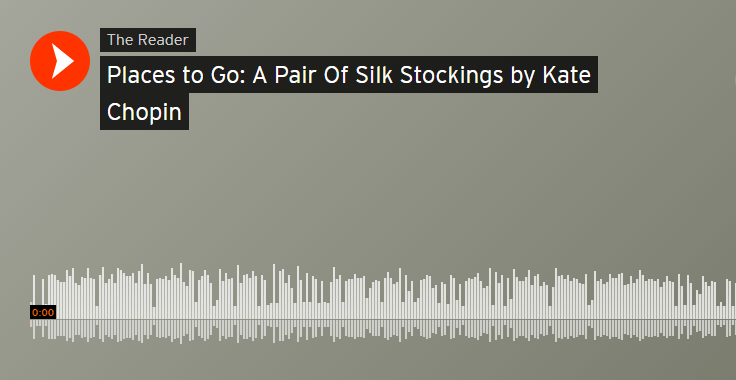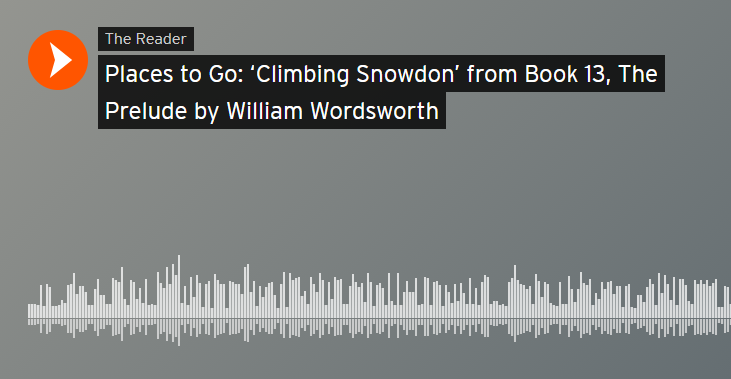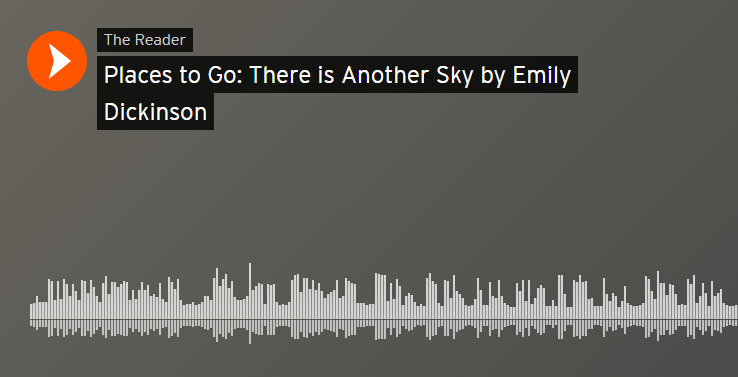Places to Go: The Life of Frederick Douglass by Frederick Douglass
For this Places to Go feature, West London Hub Leader at The Reader, Erin Carlstrom, shares this extract from The Life of Frederick Douglass by Frederick Douglass. As October is Black History Month, we have chosen a month of readings on this theme for our Daily Readings. Check out our schedule for October by downloading the calendar here.
Selfishly, after reading this my first thoughts go back to my own educational experiences and how often I dreaded school as a place to be measured against others, rather than appreciated for the opportunity it provided. Caught up in my own sense of inferiority I didn’t see the great privilege that I was able to have an education at all. This appreciation came—is coming—through the reading of experiences outside of my own.
I feel anger over Douglass’ individual experience of oppression, at the legacy of slavery and educational oppression in the country I call home, and at my own under-appreciation of my individual education. But along with this anger, I feel a great appreciation for this man, and the example he gives of perseverance and consideration. What a triumph in the moment when he says that the ‘Mistress, in teaching me the alphabet, had given me the inch, and no precaution could prevent me from taking the ell.’ Through his own strength and gumption he is able to nurture this seed of learning.
This ability to read gives him an intellectual ability to critique the system in which he lives, but it does even more. Reading aids him in understanding and developing his emotional being: ‘[reading] gave tongue to interesting thoughts of my own soul, which had frequently flashed through my mind, and died away for want of utterance.’ Douglass’ emotional intelligence is seen in the kindness with which he speaks of others. Although he recognizes their privilege and cruelty, he is able to see Mistress Hughes and the neighbourhood boys sympathetically. It takes remarkable compassion to believe that, ‘slavery proved as injurious’ to his mistress as it did to him.
What a testament to looking beyond your own perspective. But this access to having the ‘language for the thoughts’ of his own soul is also a heavy burden. I would be overcome by the anguish he feels at the double-edged sword of knowledge, if I did not know of his eventual freedom from slavery, and were it not for the seed of hope in his knowledge that ‘Freedom now appeared, to disappear no more forever.’
Share
Related Articles

Places to Go: A Pair of Silk Stockings by Kate Chopin
Reader Leader, Julie Gaukroger, takes us on today's audio adventure with an extract from A Pair of Silk Stockings by Kate Chopin.…

Places to Go: ‘Climbing Snowdon’ from Book 13, The Prelude by William Wordsworth
Reader Leader, Sue Colbourn, takes us on today's audio adventure with an extract from The Prelude by William Wordsworth, 'Climbing…

Places to Go: There is Another Sky by Emily Dickinson
The Reader's Liverpool Hub Leader, Michelle Barrett, takes us on today's audio adventure and reads the poem 'There is Another…


